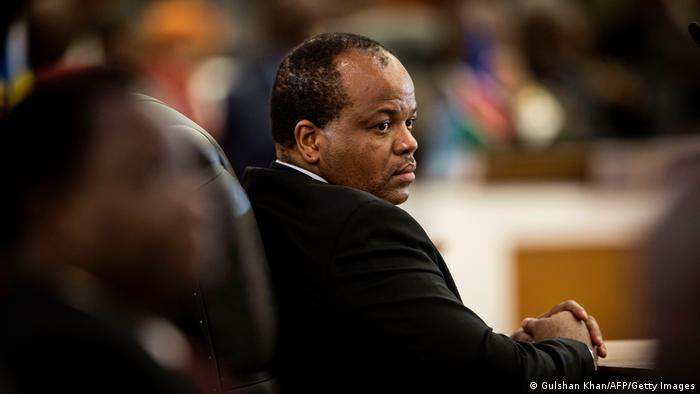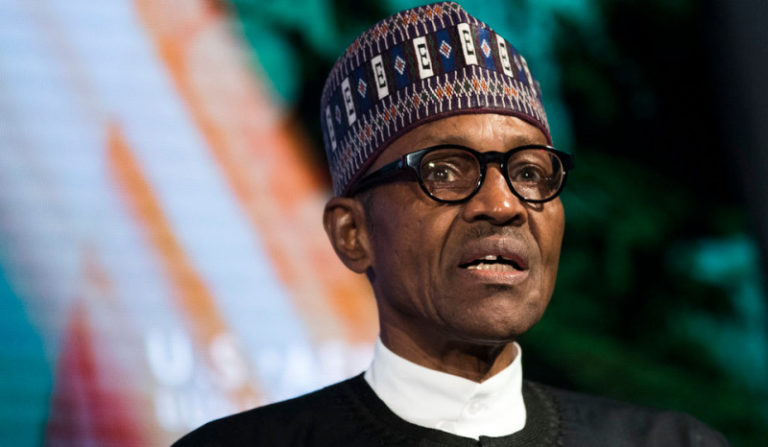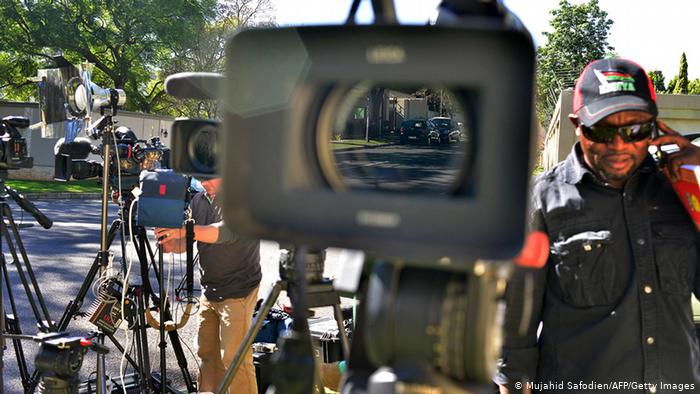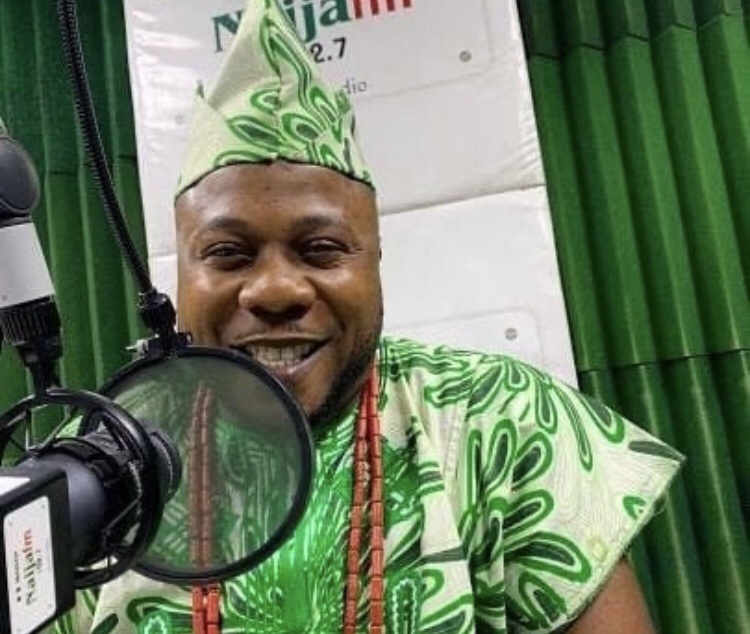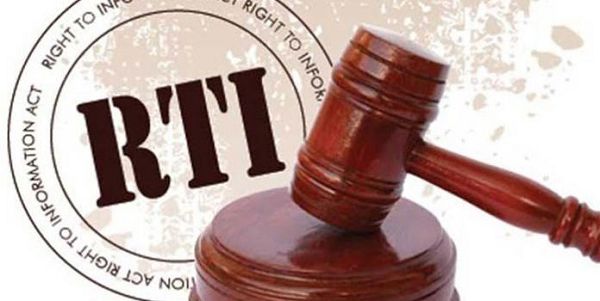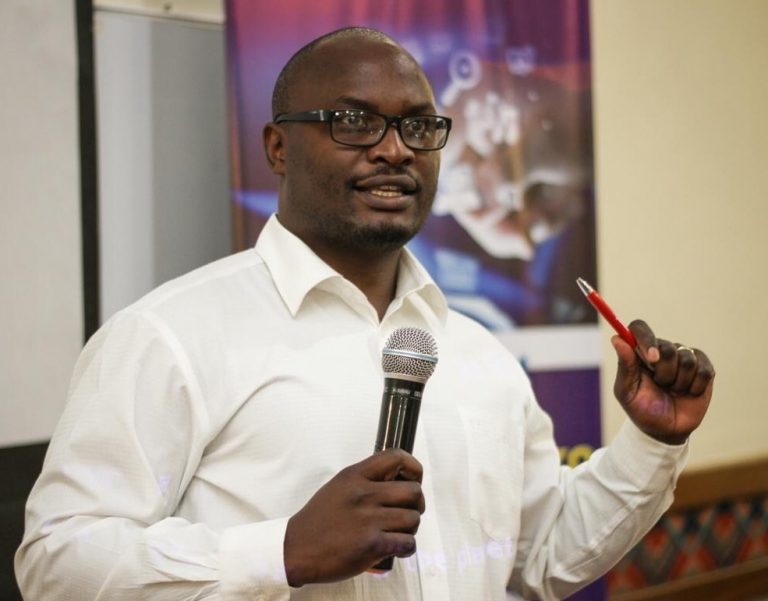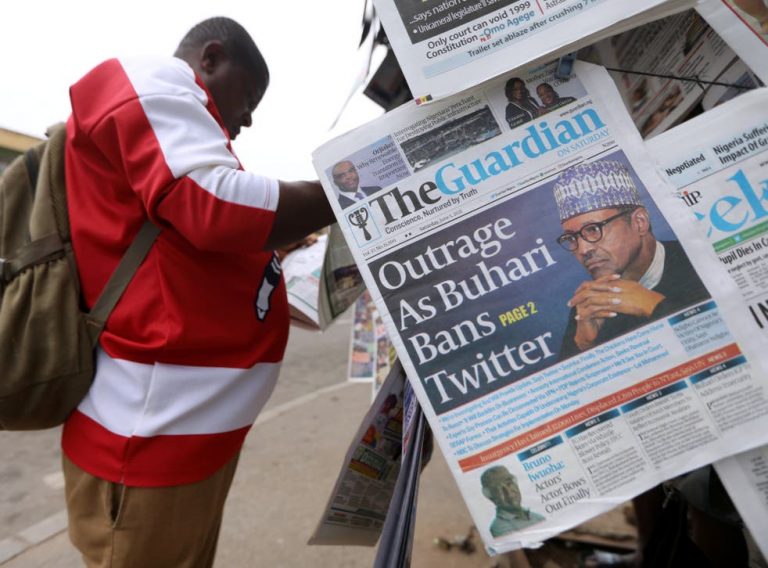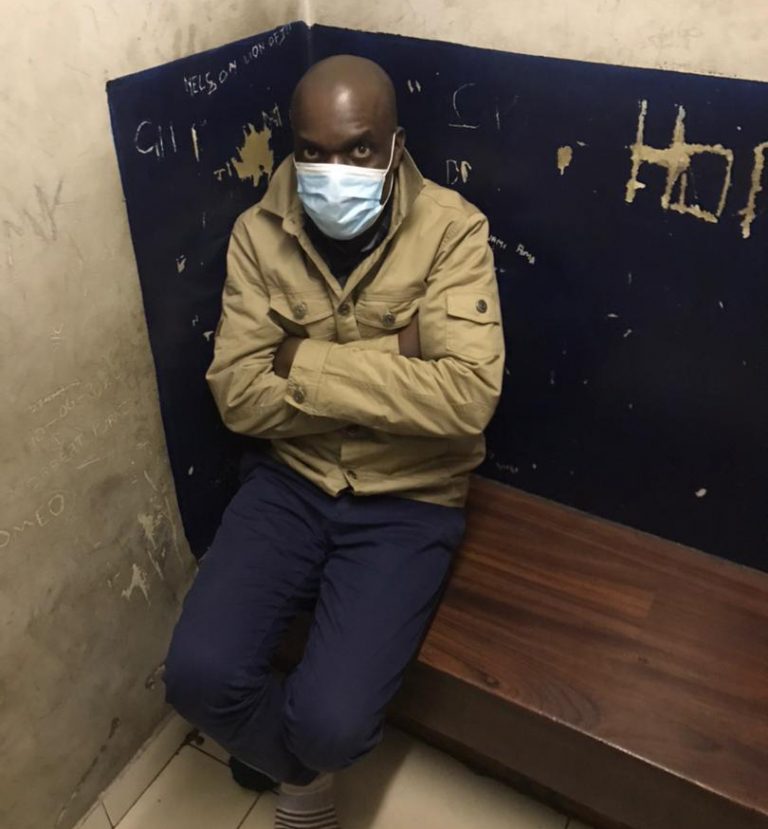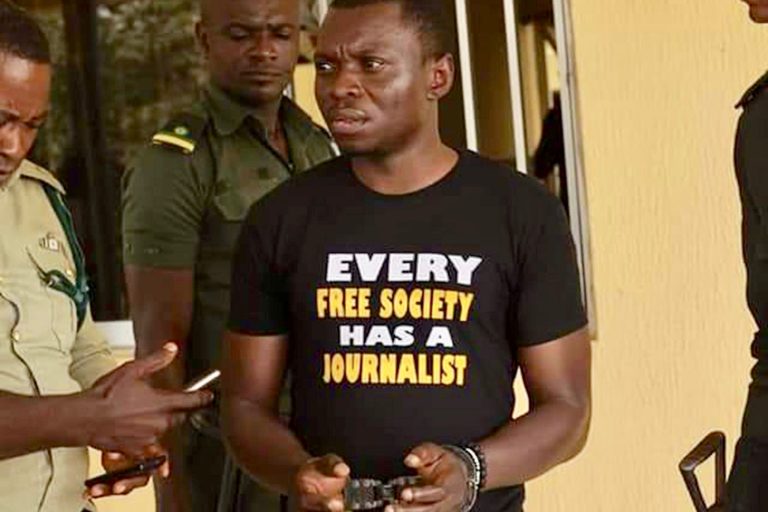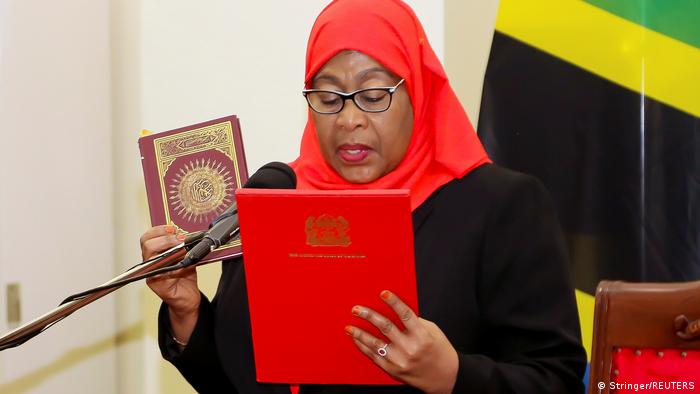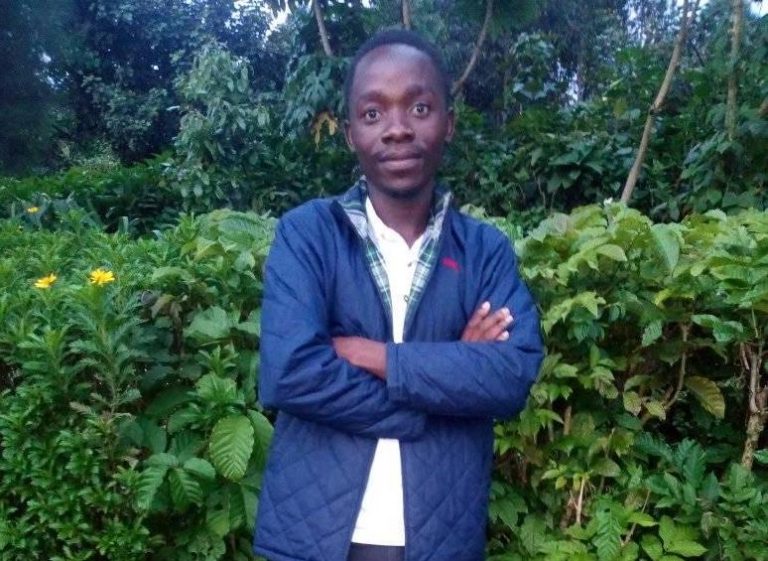Kindly read the petition below:
30 June 2021
We, the undersigned organisations, write to urgently appeal to you, Honourable Prime Minister, to ensure that the internet, social media platforms, and all other communication channels are open, secure, and accessible regardless of the protests that are currently taking place in Eswatini.
Our appeal is informed by reports that in the wake of the current pro-democracy protests, the Eswatini government has reportedly ordered network providers, Eswatini Post and Telecommunications, Eswatini MTN and Eswatini Mobile, to turn off internet connectivity.
By blocking access to the internet, the Eswatini government is violating fundamental human rights of all citizens of eSwatini, including but not limited to the right to free speech and opinion, access to information and the right to assembly.
Further, internet shutdowns disrupt emergency services, cripple economies and restrict the flow of business-related information and communications, including internet-based banking services and transactions.
The internet and social media platforms play a critical role in enhancing participatory governance in a democratic society through the provision of space for communicating, public debates and citizens’ right to seek and share information on how they are governed.
We also note with concern that the current Internet shutdown comes at a time when freedom of the media and that of expression have been deteriorating in Eswatini.
Research shows that internet shutdowns and violence go hand in hand. Shutting down the internet during protests only serves to heighten tensions and this is likely to be followed by more violence.
By disrupting the free flow of information, shutdowns exacerbate existing tensions and create space to conceal potential violence and human rights violations perpetrated by both state and non-state actors.
The abhorrent, undemocratic actions of the government of the Kingdom of Eswatini are a clear violation of the ACHPR principles. The African Commission on Human and Peoples’ Rights (ACHPR) Resolution of 2016, recognises the “importance of the internet in advancing human and people’s rights in Africa, particularly the right to freedom of information and expression.”
The ACHPR/Res. 362 (LIX) 2016, also condemns the “emerging practice of State Parties interrupting or limiting access to telecommunication services such as the internet, social media, and messaging services.”
Additionally, UN experts and high-level officials — including the UN Secretary-General — formally affirm that “blanket Internet shutdowns and generic blocking and filtering of services are considered by United Nations human rights mechanisms to be in violation of international human rights law”.
Eswatini Post and Telecommunications, Eswatini MTN and Eswatini Mobile, have a responsibility to Eswatini citizens to keep the internet on.
Eswatini MTN, in line with the United Nations Guiding Principles on Business and Human Rights and the OECD Guidelines for Multinational Enterprises, has the added responsibility to respect human rights, prevent or mitigate potential harms, and provide a remedy for harms they cause or contribute to.
Further, the UN Guiding Principles outlines that “states should take additional steps to protect against human rights abuses by business enterprises that are owned or controlled by the State”.
Honourable Prime Minister, we thus call upon you to immediately end the internet shutdown and restore internet access to all the citizens of Eswatini.
Signed,
African Freedom of Expression Exchange (AFEX)
Collaboration on International ICT Policy for East and Southern Africa (CIPESA)
IFEX
Panos Institute Southern Africa
Media Institute of Southern Africa (MISA)
cc: Southern Africa Development Community (SADC) Chairperson, His Excellency President Filipe J. Nyusi
cc: Southern Africa Development Community (SADC) Incoming Chairperson, His Excellency Dr Lazarus Chakwera
cc: The Executive Secretary of the Southern African Development Community (SADC), Dr Stergomena Lawrence Tax
cc: African Union Chairperson His Excellency President Felix-Antoine Tshisekedi
cc: ACHPR Special Rapporteur on Freedom of Expression and Access to Information – Commissioner Jamesina King
cc: UN Special Rapporteur for Freedom of Opinion and Expression Irene Khan
cc: Eswatini Post and Telecommunications
cc: Eswatini MTN
cc: Eswatini Mobile




